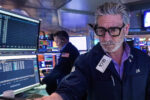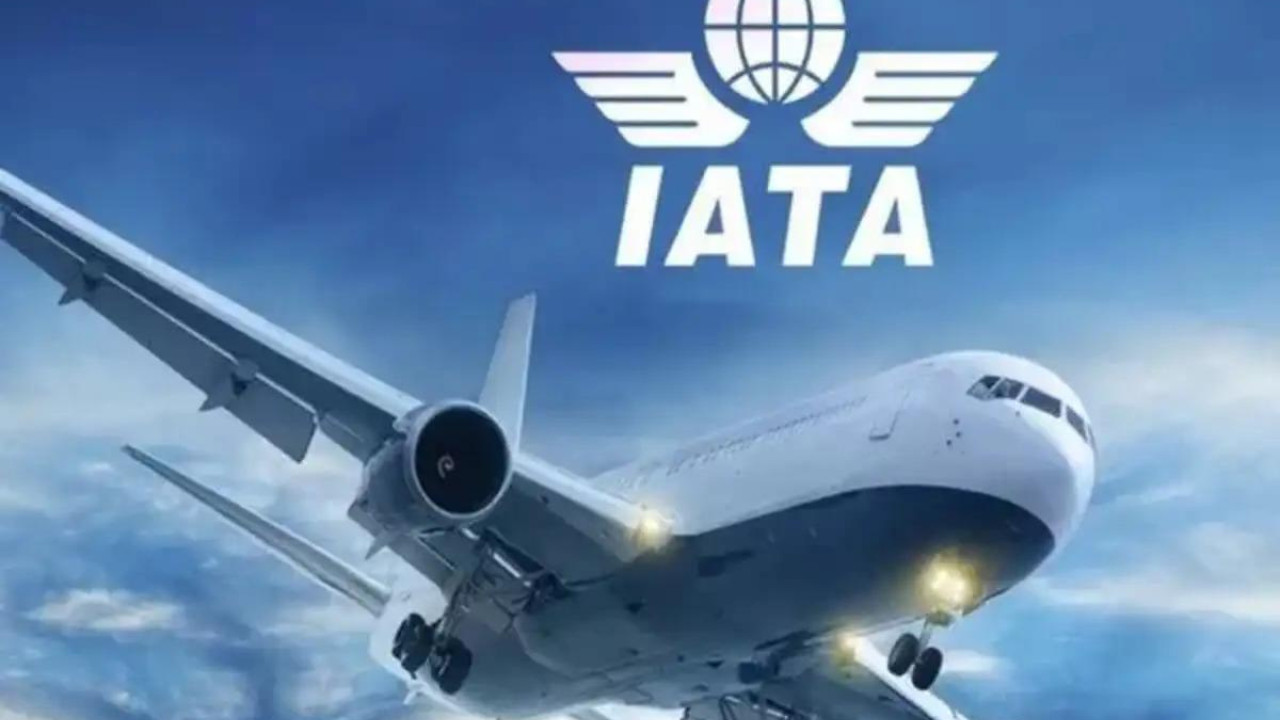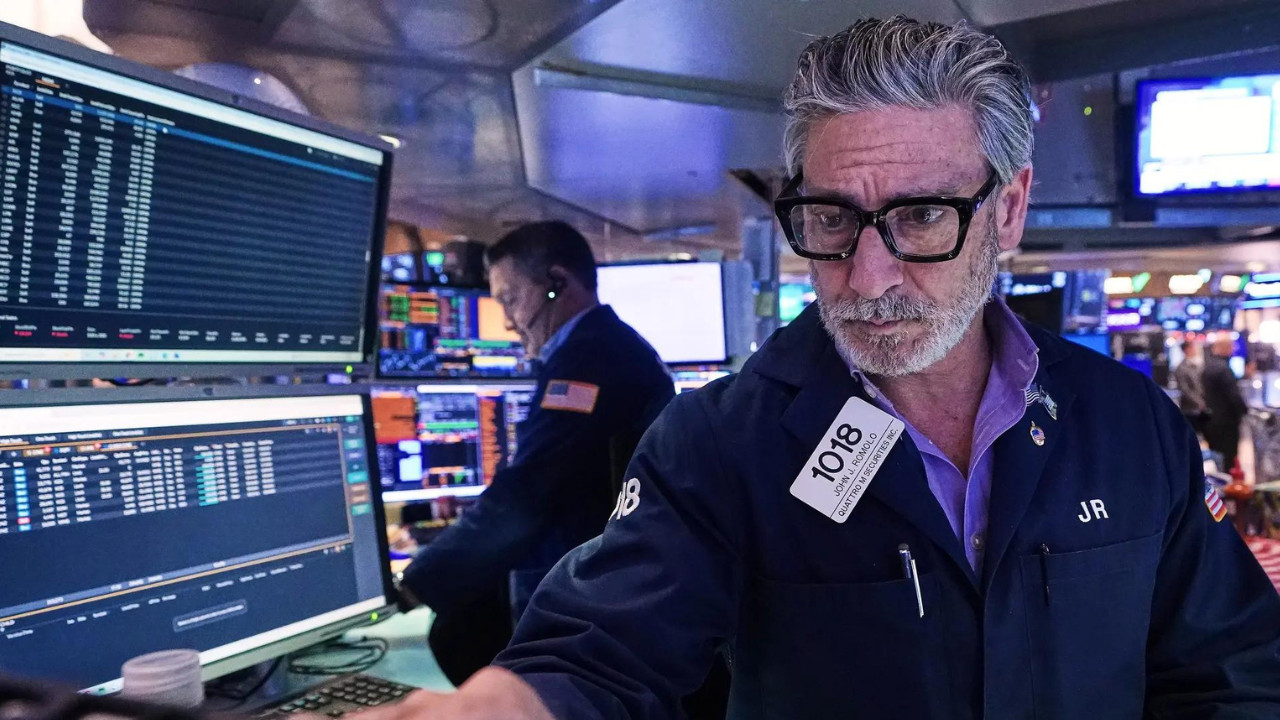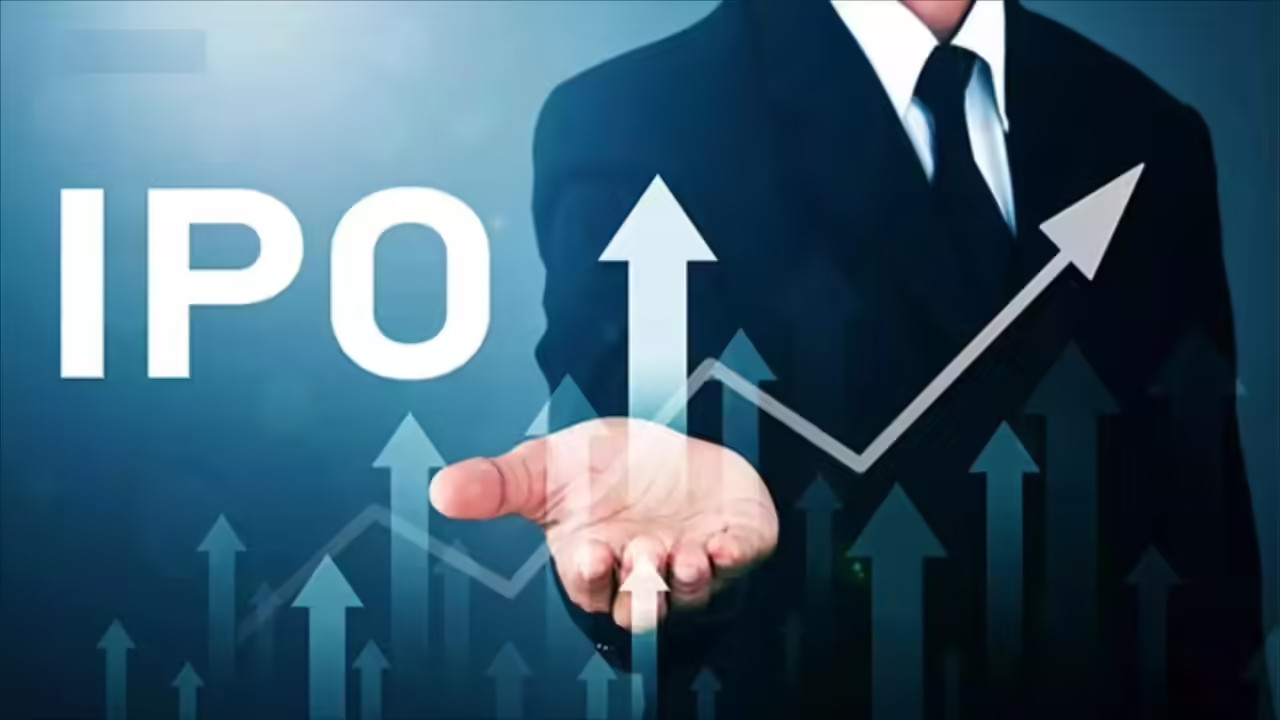Navigating the Shifting Sands: How Tariffs and Uncertainty are Reshaping Investment
The global economic landscape feels a bit like walking on shifting sands these days, doesn’t it? One minute you’re standing on solid ground, the next, everything is subtly, almost imperceptibly, moving. A big reason for this unease? Tariffs. And the uncertainty they breed. Recent rumblings suggest the impact of these trade barriers, particularly those enacted during the Trump administration, goes far beyond simple price increases on imported goods. They’re subtly altering the very DNA of global investment strategies.
Shell, a company with its fingers firmly on the pulse of the global economy, certainly seems to think so. Their recent statements highlight a growing concern: that these tariffs are having a more profound effect on investment decisions than initially anticipated. It’s not just about immediate costs; it’s about the long-term predictability – or lack thereof – that businesses need to thrive.
The Ripple Effect: Understanding Investment Hesitancy
Imagine you’re a business leader contemplating a major expansion. You’ve crunched the numbers, analyzed the markets, and identified a promising opportunity. But then, the looming threat of escalating tariffs enters the equation. Suddenly, your carefully laid plans are shrouded in uncertainty. Will your imported raw materials become significantly more expensive? Will your export markets become less accessible? Will the political winds shift and completely upend your assumptions?
This is precisely the environment that companies are grappling with. Tariffs create a climate of unpredictability that makes long-term investment decisions incredibly risky. This hesitancy doesn’t just impact large corporations; it trickles down to smaller businesses, stifling innovation and potentially hindering job creation.
Beyond the Bottom Line: The Human Cost of Economic Uncertainty
While the immediate impact of tariffs is often discussed in terms of financial implications, it’s crucial to remember the human element. Economic uncertainty can lead to job losses, reduced wages, and increased financial stress for individuals and families. When businesses are hesitant to invest and expand, the opportunities for employment and economic advancement diminish, leading to widespread anxieties.
For instance, consider a manufacturing plant reliant on imported components. If tariffs drastically increase the cost of these components, the plant may be forced to reduce production, lay off workers, or even shut down entirely. These decisions have a devastating impact on the lives of the affected workers and their communities.
Shell’s Perspective: A Canary in the Coal Mine?
Shell’s commentary provides a valuable perspective. As a multinational energy giant with a global footprint, the company is uniquely positioned to observe and analyze the impact of economic policies on a wide range of industries and markets. Their concerns about the effect of tariffs on investment serve as a warning sign, suggesting that the long-term consequences of these policies may be more severe than initially anticipated.

It’s worth noting that the impact isn’t uniformly negative across all sectors. Some domestic industries may benefit from increased protection against foreign competition. However, the overall effect on global trade and investment is likely to be detrimental, leading to slower economic growth and increased volatility.
Navigating the New Normal: Strategies for Resilience
So, what can businesses do to navigate this uncertain landscape? Adaptability is key. Diversifying supply chains, exploring alternative markets, and investing in innovation can help companies mitigate the risks associated with tariffs and economic volatility.
Furthermore, fostering a culture of resilience within the organization is crucial. This involves empowering employees to adapt to change, embracing new technologies, and continuously seeking opportunities for improvement. For example, firms can consider reshoring strategies or nearshoring, bringing production closer to home to reduce dependence on long and potentially disrupted supply chains. We’ve written about how supply chains need to adapt here.
A Call for Stability: The Path Forward
Ultimately, the most effective solution is to create a more stable and predictable global trade environment. This requires governments to engage in constructive dialogue, address trade imbalances, and avoid resorting to protectionist measures that ultimately harm the global economy. The future of investment depends on it.







